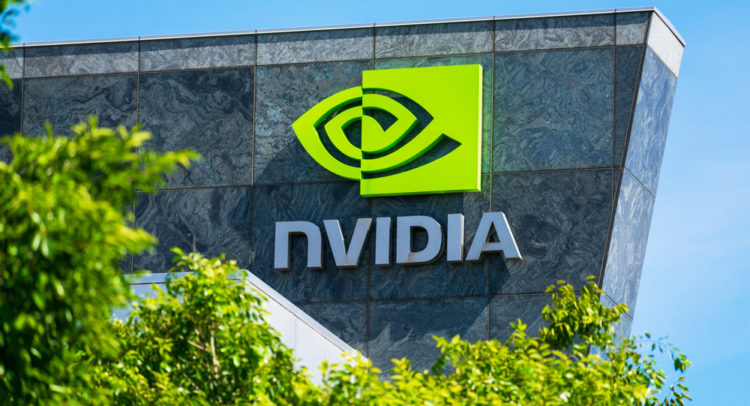GB:RIOU ETF Price & Analysis
RIOU ETF Chart & Stats
Day’s Range― - ―
52-Week Range$16.97 - $24.27
Previous Close$22.41
VolumeN/A
Average Volume (3M)14.47K
AUM203.23M
NAV19.83
Expense Ratio0.65%
Holdings Count29
Beta0.73
Inception DateMar 14, 2019
Next Dividend Ex-DateN/A
Dividend Yield
(―)Shares OutstandingN/A
Standard DeviationN/A
10 Day Avg. Volume18,848
30 Day Avg. Volume14,469
AlphaN/A
ETF Overview
Lyx Braz U ETF Parts -C USD-
The Lyx Braz U ETF Parts -C USD- (Ticker: GB:RIOU) offers investors a unique gateway to the burgeoning Brazilian market, capturing the dynamic essence of one of the world's most vibrant economies. This Exchange Traded Fund (ETF) is meticulously crafted to provide comprehensive exposure to Brazil's total market, reflecting its diverse economic sectors and growth potential. Falling under the Size and Style category, this ETF is strategically positioned to encompass a broad-based niche, targeting a wide spectrum of market capitalizations and investment styles within Brazil.
Investors seeking diversification will find the Lyx Braz U ETF particularly appealing due to its inclusive approach, which spans large-cap, mid-cap, and small-cap companies. This ensures a well-rounded investment portfolio that captures both established giants and emerging players in Brazil's economy. The Fund's broad-based strategy is designed to mitigate risks associated with single sector investments, while enhancing potential returns by tapping into various industries such as finance, energy, and consumer goods.
By investing in the Lyx Braz U ETF, stakeholders gain access to a dynamic market with significant growth prospects driven by Brazil's rich natural resources, expanding middle class, and robust industrial base. It is an excellent choice for investors looking to capitalize on Brazil's economic evolution while maintaining a diversified investment profile. Whether you are a seasoned investor or new to the Brazilian market, the Lyx Braz U ETF Parts -C USD- offers an engaging opportunity to participate in the growth story of one of South America's largest economies.
Lyx Braz U ETF Parts -C USD- (RIOU) Fund Flow Chart
Lyx Braz U ETF Parts -C USD- (RIOU) 1 year Net Flows: $2M
RIOU ETF News
RIOU ETF FAQ
What was GB:RIOU’s price range in the past 12 months?
GB:RIOU lowest ETF price was $16.97 and its highest was $24.27 in the past 12 months.
What is the AUM of GB:RIOU?
As of Oct 09, 2025 The AUM of GB:RIOU is 203.23M.
Is GB:RIOU overvalued?
According to Wall Street analysts GB:RIOU’s price is currently Undervalued.
Does GB:RIOU pay dividends?
GB:RIOU does not currently pay dividends.
How many shares outstanding does GB:RIOU have?
Currently, no data Available
Which hedge fund is a major shareholder of GB:RIOU?
Currently, no hedge funds are holding shares in GB:RIOU
RIOU ETF Smart Score
Neutral
1
2
3
4
5
6
7
8
9
10
Learn more about TipRanks Smart Score
For ETFs, the calculations for the Smart Score, Analyst Consensus, Price Target, Blogger Sentiment, News Sentiment and Insider Transactions are based on the weighted average of the ETF's holdings and some additional factors. Hedge Fund Trend, Crowd Wisdom and Technicals are based on the actual ETF ticker.
Top 10 Holdings
Air Liquide SA TEMP
6.49%
L'Oreal S.A. TEMP
5.79%
Nvidia Corporation
5.59%
Tesla Motors
5.38%
Amazon.Com, Inc.
5.22%
Applied Materials, Inc.
4.76%
McDonald's Corporation
4.61%
Chevron
4.59%
Broadcom Inc.
4.55%
Apple Inc
4.46%
Total51.43%
See All Holdings
















